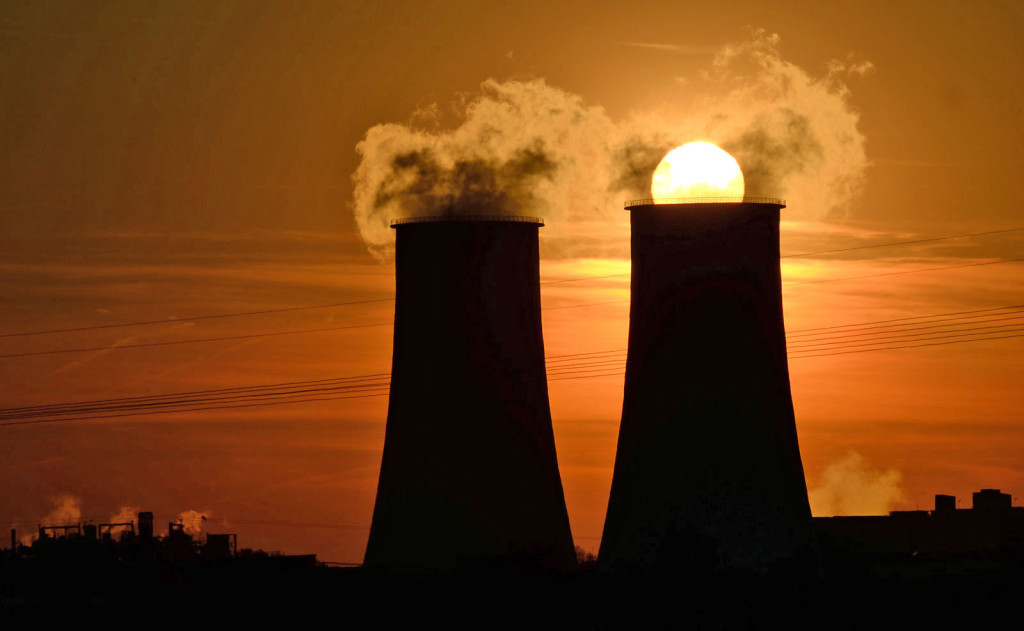When engineers and scientists think about making more efficient to the existing power plants, they normally consider about the waste heat. Most of the engines generate heats such as automobiles, coal plants and even our home refrigerators. They all generate a considerable amount of energy to waste heat. Researchers had indicated that capturing & using this heat for electricity generation can save a significant amount of money and reduce the expenses on fuel consumption. But, getting electricity power from this heat has been considered a major challenge. Now, a new material has been created by researchers and it would be a major step toward the production of thermoelectric electricity. A new thermoelectric material has been created by a team of researchers from the Cambridge University, Morgan State University, University of Houston and some other institutions.
This new thermoelectric material offers at least double power output compared to the average power conversion compound. It is confusing, but thermoelectric is normally measured by either its power factor or its power efficiency. Most of the materials are being considered perfect if it has a power factor of 40. The researcher’s group has created a new material and it is a compound made with Iron, antimony, nibium, titanium and niobium, and it boosts the power factor up to 106. It means the new material can produce an output of 22 watts per square centimeter compared to the currently produced 5 to 6 watt output from typical thermoelectric heat reclamation materials. The new compound can be a much better solution for a large amount of heat waste sources such as coal plants.
